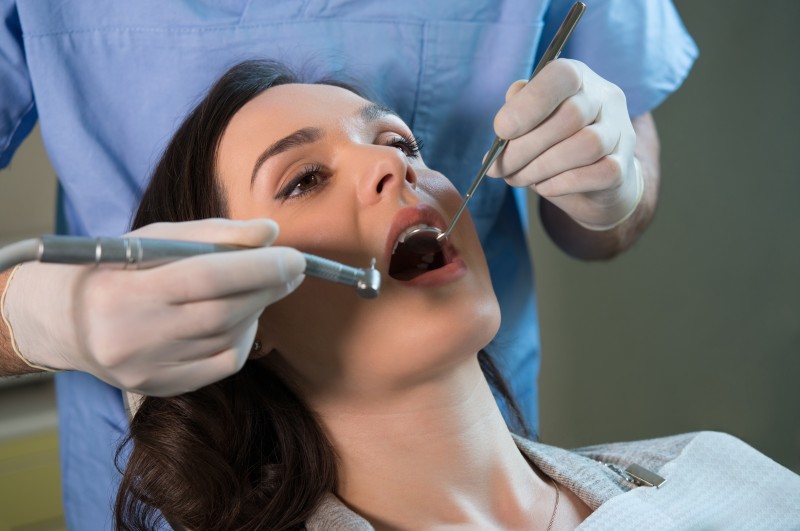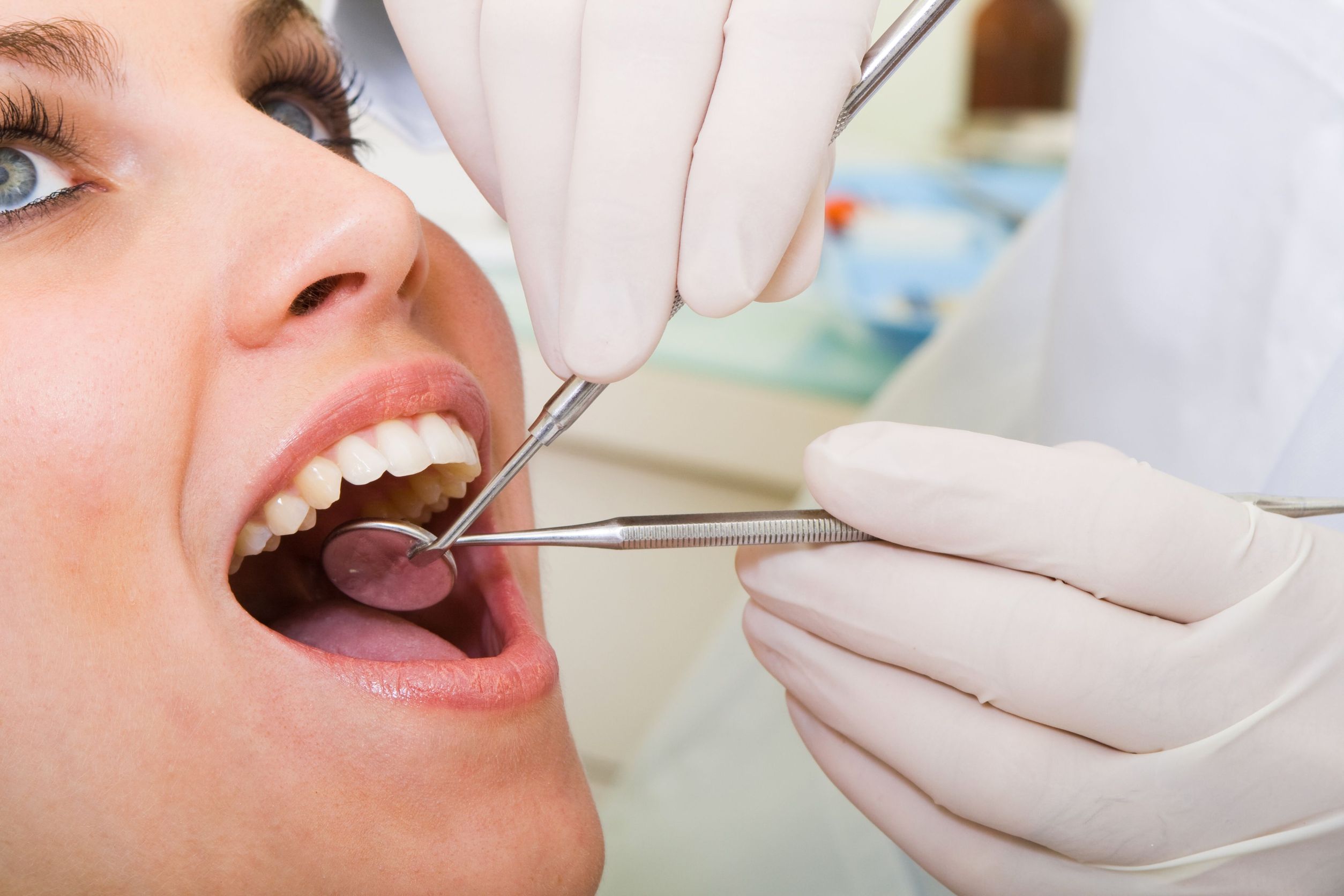The sugars from a child’s diet can greatly influence plaque. This provides an ideal breeding ground for bacteria, which means that the formation of more plaque is stimulated. A reputable Pediatric Dentist in Murfreesboro TN should be contacted if your child has plaque deposits.
In addition, the sugar components from food waste are a cheap source of food for all sorts of germs. These germs process sugars into acids, which in turn attack the enamel and make it porous over time. If the enamel becomes brittle, bacteria can more easily get into the tooth and destroy it over time.
Decay
If more and more bacteria settle with the plaque and multiply, the plaque thickens rapidly and, after a few days, will turn into a white-yellowish coating that must be removed. If plaque is not sufficiently removed, tartar builds up due to calcium salts. Also, if tartar acid-forming bacteria are not contained, damage to the teeth could be irreversible.
If food residues (especially sugars) accumulate on the tooth and are not removed by dental hygiene, this will eventually lead to decalcification of the tooth surfaces – and possibly to the death of the tooth. If the cavities subsequently develop into a hole in the tooth, a dental restoration with a filling or, at a very advanced stage, a crown is necessary to maintain the damaged tooth.
Gingivitis
If plaque persists on the teeth as well as the hard-to-reach areas such as the interdental spaces, over time more and more acid-forming bacteria accumulate there. These are responsible for the changes that occur in the oral flora and the microflora. A Pediatric Dentist in Murfreesboro TN is the only person that can eliminate these issues.
Bacterial metabolites, toxins, and special enzymes gradually soften the gums and make them susceptible to inflammation. Plaque causes gingivitis, which can develop if there is insufficient treatment. This can then turn into periodontitis, an inflammation of the tooth bed.
Such inflammation often causes gum recession. Often, however, this symptom is overlooked, and indications such as red or swollen gums and bleeding gums are often ignored. However, the cause is usually the formation of bacterial deposits. Visit the website for more information.


